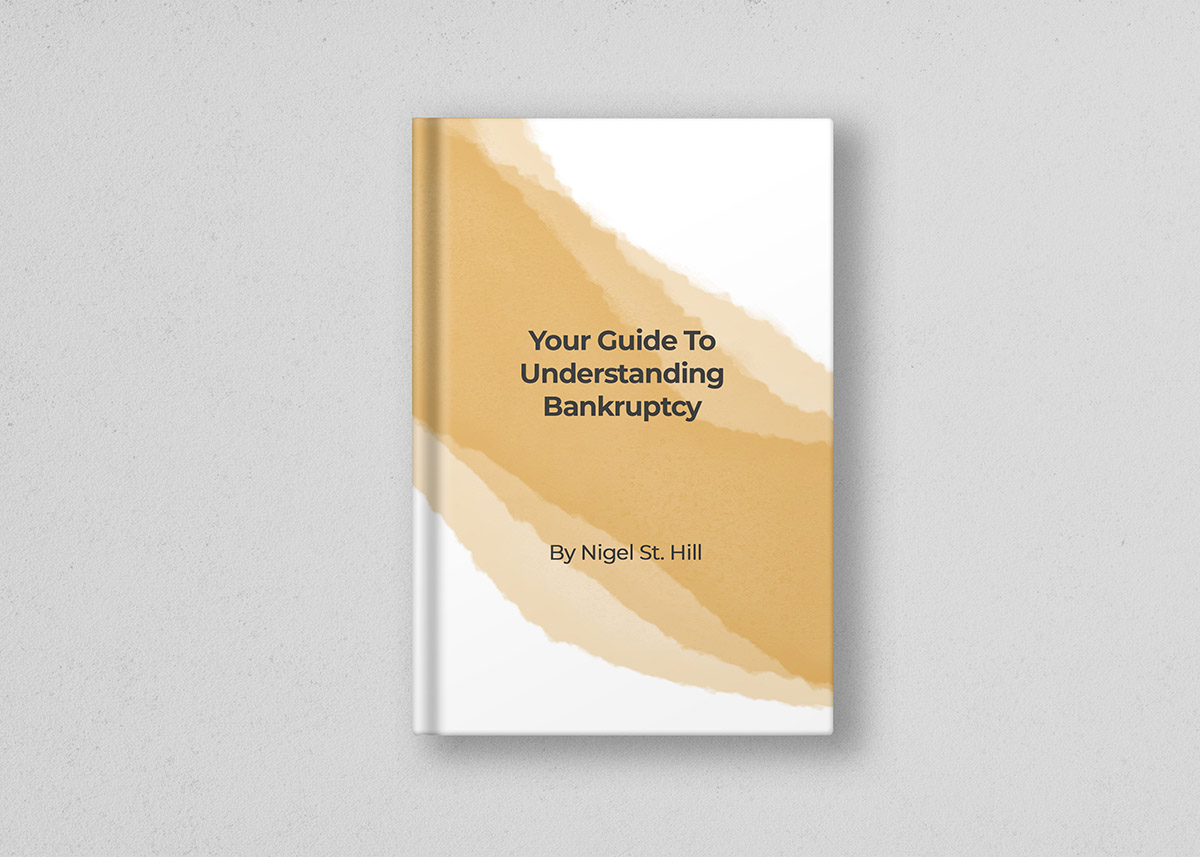Description
Thinking About Filing Bankruptcy?
In recent years the number of people filing for bankruptcy has steadily increased. In these days of high unemployment and a weak economy, many good people have found themselves with much more month than money. Somehow, before they know it, things become desperate. Filing for bankruptcy is never an easy decision.
It is usually done as a last resort when credit card bills, medical bills or unexpected expenses become too much to handle. While the bankruptcy ruling stays on your credit report for ten years, you can start taking steps now to help you recover after bankruptcy and be on your way to good credit.
Bankruptcy may make it possible for you to:
- Eliminate the legal obligation to pay most or all of your debts. This is called a “discharge” of debts. It is designed to give you a fresh financial start.
- Temporarily stop foreclosure on your house or mobile home and allow you an opportunity to catch up on missed payments. (Bankruptcy does not, however, automatically eliminate mortgages and other liens on your property without payment.)
- Prevent repossession of a car or other property, or force the creditor to return property even after it has been repossessed, at least temporarily.
- Stop wage garnishment, debt collection harassment, and similar creditor actions to collect a debt.
- Restore or prevent termination of utility service.
What are the advantages of bankruptcy?
- For the person involved, bankruptcy provides relative peace of mind and possible automatic discharge after one year (or less in some cases).
- For the creditors, bankruptcy allows a full investigation of the debtor’s affairs to be carried out.
Discover what you need to know about bankruptcy and rebuilding after bankruptcy in this eBook:
Your Guide to Understanding Bankruptcy – How to Rebuild after Bankruptcy.
- Learn about the bankruptcy filing process:
- The value of sound legal advice
- Should I file for chapter 13 or 7 bankruptcy?
- Does the wife have to file?
- Filing bankruptcy online
- How bad is bankruptcy for your credit report?
- Who pays for bankruptcy?
- Different debt relief options
- Property you cannot keep in chapter 7 bankruptcy
- What debts are not eliminated?
- How long does foreclosure take?
- Relieve yourself from the worries of debt
- You can survive after bankruptcy
- Rebuild after you’ve filed for bankruptcy
- What else you need to know
There are few experiences as traumatic and stressful as declaring bankruptcy. However, bankruptcy is not the end of your financial life; it can be a new beginning. Though a bankruptcy can result in a bad mark on your credit report, it can also provide the opportunity to rebuild your credit and financial health.
Discover what you need to know about bankruptcy and rebuilding after bankruptcy in this eBook:
Your Guide to Understanding Bankruptcy – How to Rebuild after Bankruptcy.




Reviews
There are no reviews yet.